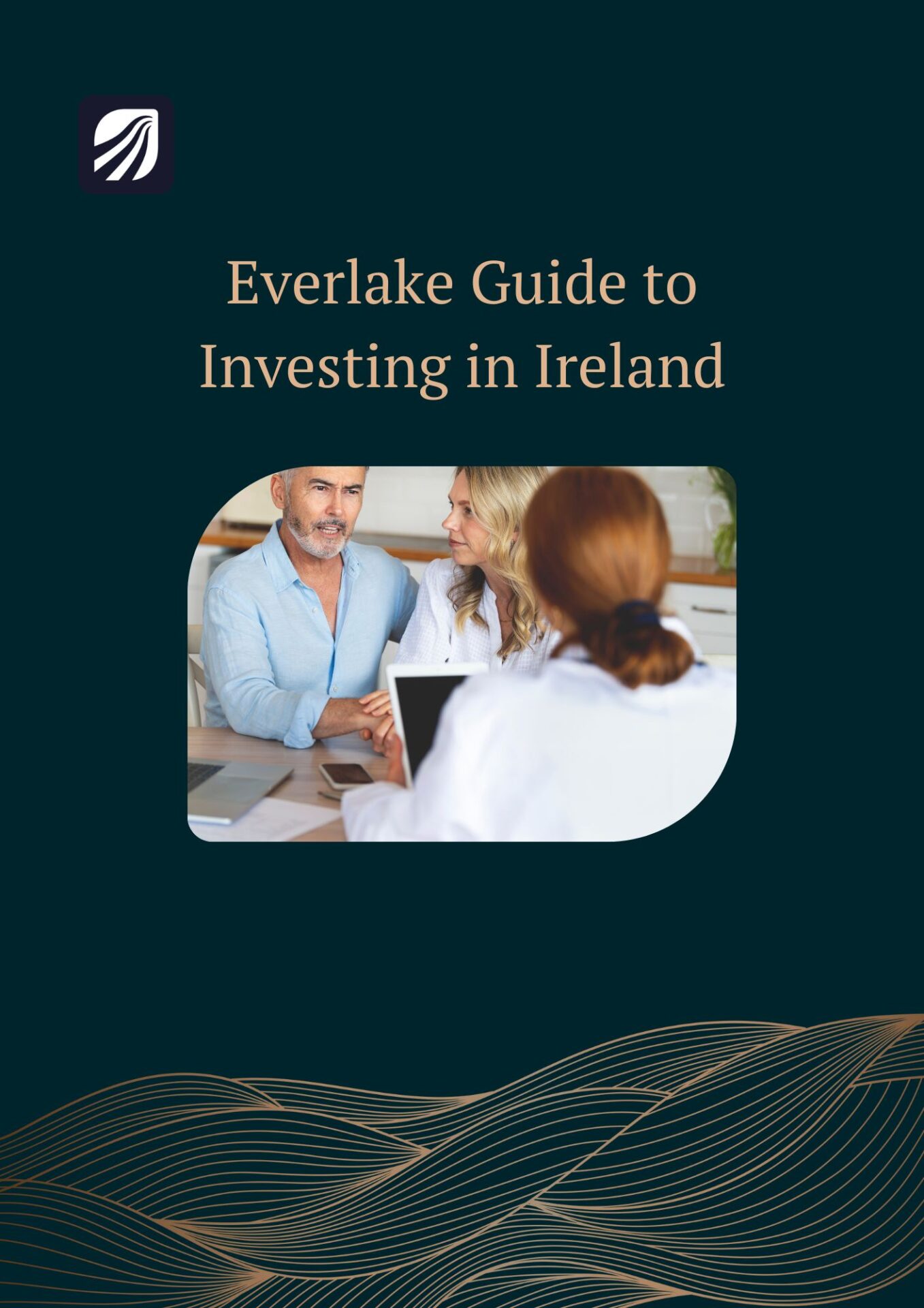Hard to avoid many articles buy the hay stack not the needle etc. Say deemed disposal 41% on ETF against capital gains say after 10-15 yrs time frame.
Has anyone looked at actual figures or can share example/experience on buying the haystack or sticking with individual shares diversified across many sectors in relation to above time frame.
Has anyone looked at actual figures or can share example/experience on buying the haystack or sticking with individual shares diversified across many sectors in relation to above time frame.
